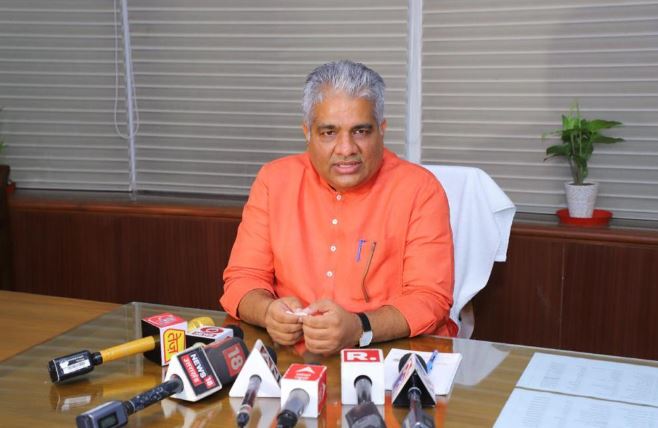Environmental Clearance Revolutionizes Industrial Operations
In a move set to revolutionize industrial operations, the Indian Ministry of Environment, Forest and Climate Change has proposed sweeping changes to pollution control regulations. Under the new draft notifications, non-polluting ‘white category’ industries will no longer require prior permissions from state pollution control boards to establish and operate. This exemption extends to both the Air Act of 1981 and the Water Act of 1974, streamlining the process for these industries.
White Category Industries Breathe Easy with Permit Exemption
The proposed changes are poised to significantly reduce the regulatory burden on ‘white category’ industries, freeing them from the cumbersome process of obtaining ‘consent to establish’ (CTE) and ‘consent to operate’ (CTO) permits. These permissions, traditionally required for industries that discharge effluents or emit pollutants, will no longer be mandatory for those classified as non-polluting.
Environmental Clearance as the New Regulatory Framework
In a further simplification, the ministry has proposed to eliminate the CTE permit requirement for projects and activities that already require prior environmental clearance (EC). This move streamlines the approval process by merging CTE compliance conditions with EC conditions, provided the EC is obtained from the appropriate authority.
Legal Amendments Pave the Way for Regulatory Reform
These significant changes are underpinned by recent amendments to the Water Act and the Jan Vishwas Act. These amendments decriminalized numerous violations under the Air and Water Acts, replacing imprisonment with penalties and fines. Moreover, the amendments empower the central government to exempt certain categories of industrial plants from seeking permits altogether.
Key Takeaways:
| Key Point | Description |
|---|---|
| White Category Exemption | Non-polluting industries are exempt from obtaining CTE and CTO permits. |
| Prior Environmental Clearance | Projects with prior EC are exempt from CTE permits if CTE conditions are merged with EC conditions. |
| Legal Amendments | Recent amendments to the Water Act and Jan Vishwas Act pave the way for these regulatory reforms. |
| Simplified Process | The changes aim to streamline the approval process and reduce the regulatory burden on industries. |
In Summary
India’s proposed regulatory changes signal a shift towards a more efficient and streamlined approach to pollution control. By exempting ‘white category’ industries and projects with prior environmental clearance from certain permit requirements, the government aims to foster industrial growth while maintaining environmental safeguards.
Soumya Smruti Sahoo is a seasoned journalist with extensive experience in both international and Indian news writing. With a sharp analytical mind and a dedication to uncovering the truth, Soumya has built a reputation for delivering in-depth, well-researched articles that provide readers with a clear understanding of complex global and domestic issues. Her work reflects a deep commitment to journalistic integrity, making her a trusted source for accurate and insightful news coverage.



